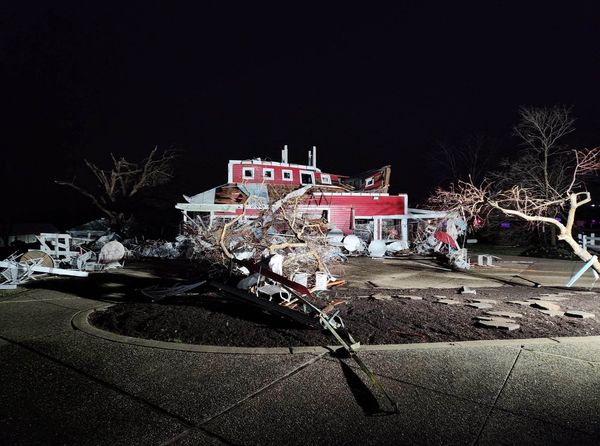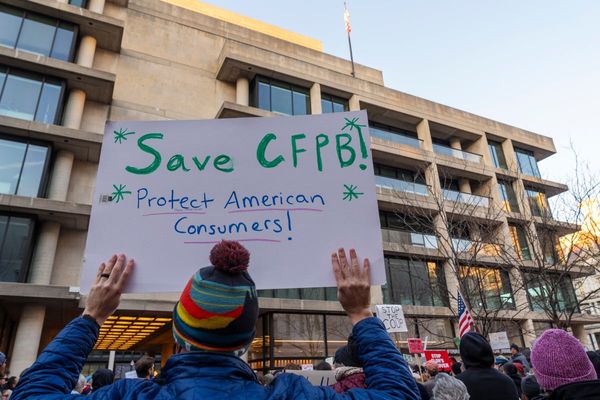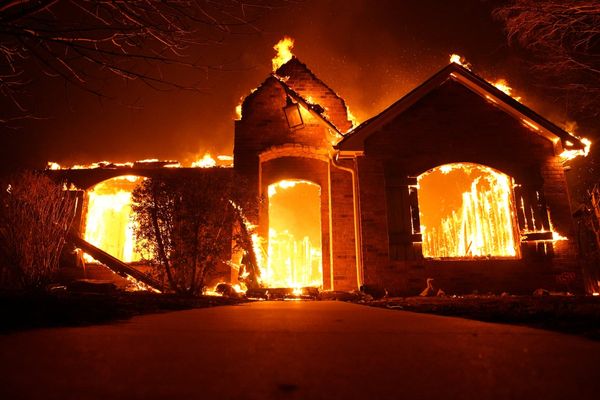Boris Johnson has warned that the tensions in Ukraine are ”the most dangerous moment in the biggest security crisis Europe has faced for decades”.
The Prime Minister said intelligence briefings on the Russian threat to Ukraine remain “grim” as a massive UK diplomatic effort was underway to counter Vladimir Putin's invasion plans.
Speaking alongside Nato secretary-general Jens Stoltenberg in Brussels, the Prime Minister said: “I honestly don’t think a decision has yet been taken but that doesn’t mean that it’s impossible that something absolutely disastrous could happen very soon indeed.”
“Our intelligence, I’m afraid to say, remains grim. We’re seeing the massing of huge numbers of tactical battalion groups on the border with Ukraine.”
“This is probably the most dangerous moment in the course of the next few days in what is the biggest security crisis Europe has faced for decades.”
Following talks in Brussels, Johnson was due to fly to Warsaw for discussions with Poland’s Mateusz Morawiecki.
The UK has 350 Royal Marines in Poland and Johnson has put 1,000 extra British troops on standby for deployment to Nato allies in eastern Europe.
Johnson did not rule out going further in giving Ukraine military support in the event of an invasion by Russia.
Asked at the Brussels press conference if he could authorise military support to an insurgency in Ukraine in the event of an invasion, he said: “We will consider what more we can conceivably offer. The Ukrainians are well prepared, there are things we’ve offered that they in fact don’t seem to need because they think they have them in enough numbers already.
“It’s possible, I don’t want to rule this out, but at the moment we think the package is the right one. But I want to stress it would be an absolute disaster if it was to come to that and if there was to be serious bloodshed on Ukrainian soil.”
Keir Starmer is also due in Brussels later on Thursday to send, according to Labour, “a firm and united message to our allies and adversaries in support of the UK Government’s policy on Ukraine”.
Starmer is expected to stress that Clement Attlee’s post-war government “was instrumental in the foundation of NATO” and “reaffirm Labour’s commitment to NATO and to this principle of solidarity”.
Meanwhile, Foreign Secretary Liz Truss held a joint press conference with Russian counterpart Sergei Lavrov in Moscow at which she warned the “future peace and stability” of Europe was at stake.
Truss said: “There is still time for Russia to end its aggression towards Ukraine and pursue the path of diplomacy.
“But Nato is very clear that if that path is not chosen there will be severe consequences for Russia, Ukraine and the whole of Europe.”
To sign up to the Daily Record Politics newsletter, click here.







